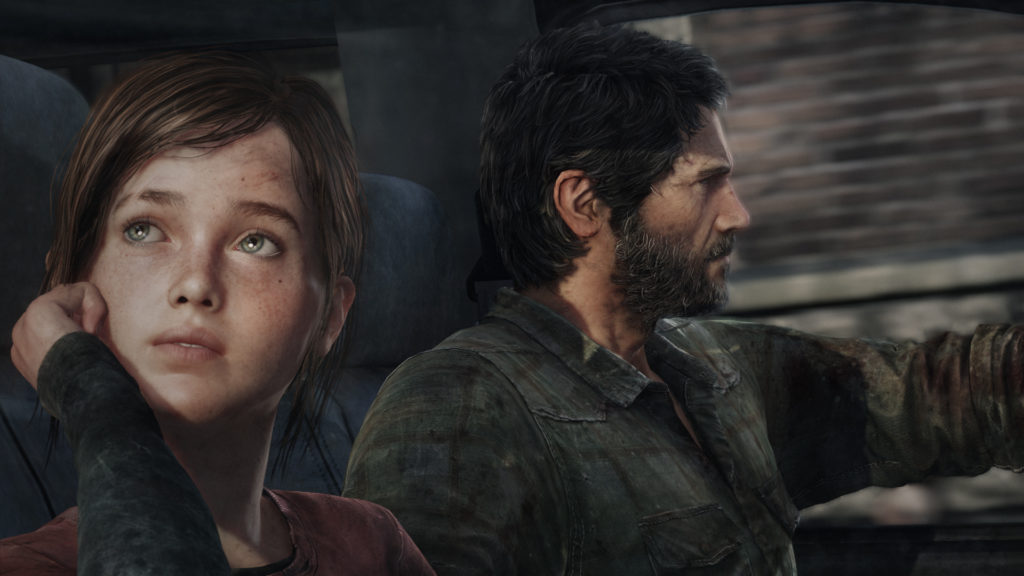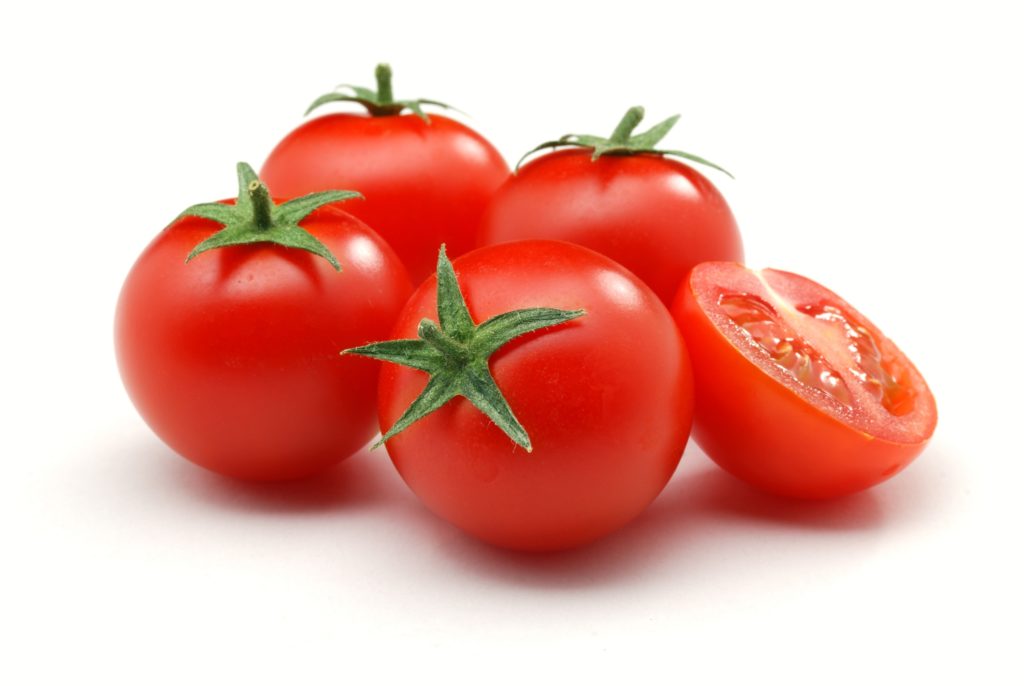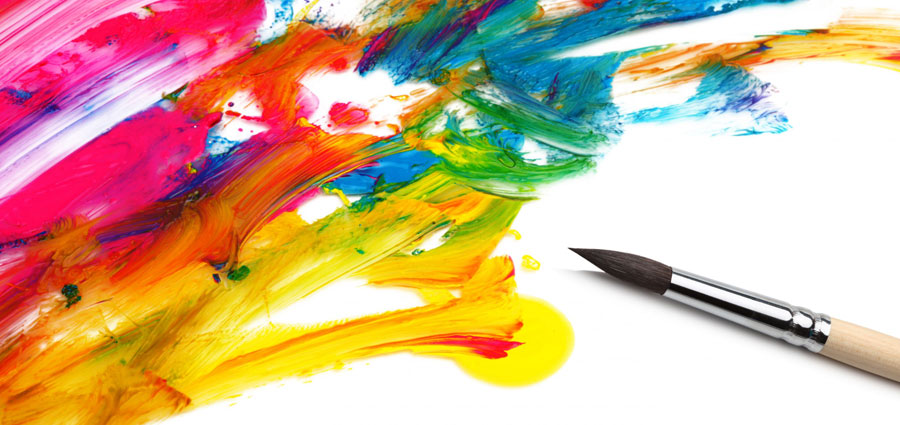The Art Conundrum – Alex Bradley
I’d like to start this article by giving any and all readers a short task to complete before reading on: Think about the last time you saw a work of art, and make a mental note of where and when you saw it. Bearing this information in mind, you may now move on with your reading.
Chances are a lot of you said at a gallery or an art museum, with the length of time varying depending on whether you take Art GCSE or A-Level, and while RHS is an institution and community which aims to accommodate and accept a diverse amount of people and views, I think this view in particular is wrong, because art is around us wherever we look.
Of course, I expect many of you will have figured out where I’m going with this by now. Art doesn’t have to just be a painting, or a photograph, or a sculpture. Today, there are many other art forms that we consume all the time, such as movies, with their composition, structure and cinematography, eliciting powerful emotions when manipulated in certain ways, be they feelings of sadness, happiness, or even just a desire for self-contemplation. To look at an even bigger picture, there has been a more obscure (to the public conscience) debate about whether video games are art, with many (notably older) figures deriding this idea, suggesting that video games are nothing more than a mere toy for child’s play, while there are games such as The Last of Us, which constructs an acclaimed narrative and raises philosophical and ethical questions, and Monument Valley, a much lesser known mobile title which uses the interactivity of video games to showcase mechanical craftsmanship, that continue to provide an ever-growing mountain of evidence that, yes, video games can be art.

And this view can be taken so much further than paintings, or movies, or video games, or any other form of entertainment media that we consume today. I think there are several people in the RHS community who would agree that cooking can be an art, albeit one which can only be experienced in the moment, with the flair and effort put into creating dishes with passion being something that cannot be shared with someone else after consumption, but this does not negate what went into creating such art in any measure.
The difficulty in classifying what “can” and “can’t” be art is that art has no true definition. Take an fruit, for example. By its botanical definition, fruit is “the seed-bearing structure in flowering plants…formed from the ovary after flowering”. There is no arguing this as a fact. Fruit is a physical object with physical parameters which form its definition. On the other hand, there are vegetables. Vegetables generally aren’t recognised by botany, because, unlike fruits, there is nothing that makes vegetables truly unique. In this regard, they are just the same of grass. We as humans classify them differently because we eat vegetables, but not grass. Vegetables are physical objects with semantic, cultural parameters which form its definition. Finally, there is art. Art is something that can mean many different things to many different people at many different times, and therein lies what sets it apart from fruit and vegetables in this comparison. Art is a semantic, cultural concept with semantic, cultural parameters, which makes it hard to formulate a definition for it.

So (and here’s the really important part), what I think is essential to recognise before talking about art is this (seriously, if you only take one thing away from this article, for the love of God let it be this): Someone who is interested in cars can call a Ferrari a work of art; someone who is fascinated with electronics can call a well structured motherboard a work of art; and someone who loves football can call a masterful, important passage of play a work of art. All of this is OK because there is nothing that cannot be art, given the proper context.
If there is something you truly appreciate; something that truly moves you and influences you either in your psyche or you physical actions, be it through making you happy or angry, or even just providing enlightenment or a new viewpoint which you hadn’t considered before, call it and accept it as art. People will disagree with you, this is inevitable, but the beauty of art is that the only who decides what is art for you is you, and nothing in the world can take that away from you.















Post Comment
You must be logged in to post a comment.